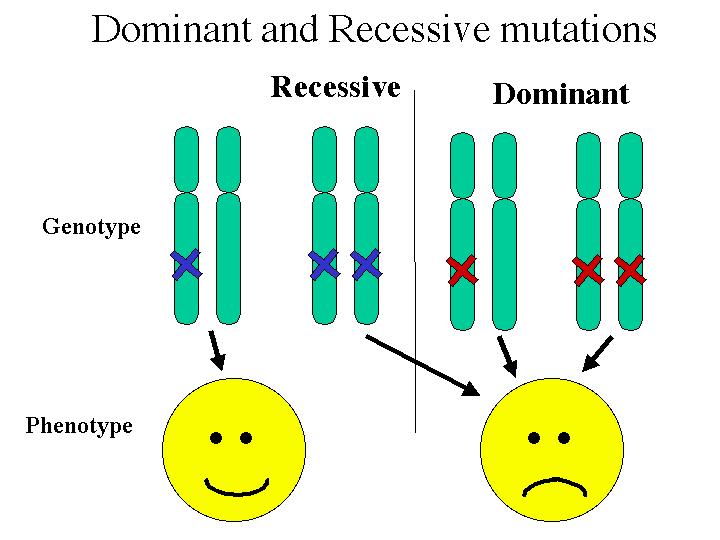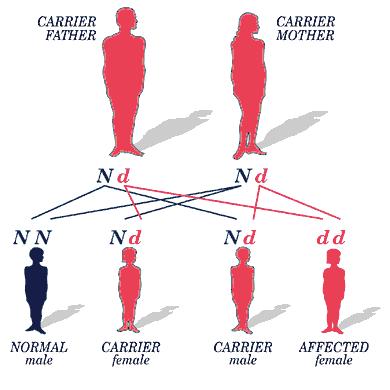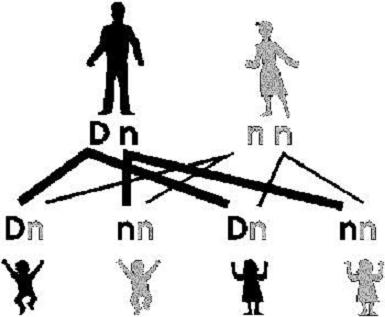Difference between Dominant and Recessive Alleles

Dominant and Recessive Alleles: Being the study of the differences in living organisms and subsequently genes and heredity, genetics is a really interesting and one of the most popular branches of science. Not only does it seek to understand why species differ from each other, it aims to explain the difference in behaviour, characteristics and patterns of an individual by studying the genes.
While studying genes and chromosomes in particular, one regularly comes across the term alleles. These alleles are basically genes that contain information about a particular trait. An individual acquires two copies of alleles for the same trait, one from the mother and the other from the father, with one of the alleles being a dominant one and the other one being a recessive one.
Instructions
-
1
Even though the dominant and recessive alleles are similar in purpose, they differ from each other on a number of accounts.
Firstly, the dominant allele is a strong gene, whereas the recessive allele is the weak allele. This basically means that the trait information on the dominant allele will show up in the individual, while the trait information on the weaker allele will not, irrespective of whether the latter is present or not.
Another notable difference between the two alleles is that the trait information on the recessive allele will only show when both the alleles, the one from the father as well as the one from the mother, inherited by the child are the recessive genes. That, however, is not the case as far as dominant alleles are concerned. A single dominant allele will make its trait apparent on the child even though it is paired with a recessive allele.
The superiority of the dominant allele over recessive allele is not just limited to the trait, but also extends to its chances of getting passed down to the future generations. Recessive genes, on the other hand, have a huge chance of slowly disappearing over the generations. -
2
Dominant Alleles
Dominant allele is an allele with the trait that shows up in the individual after masking the trait information on the other allele. A child can get this particular allele from either of his parents. The gene is likely to pass down to future generations.

-
3
Recessive Alleles
Recessive alleles are alleles that carry information about a certain trait. This trait only shows if the pairing gene contains the same information about the trait. If the two traits differ, then the trait on the recessive allele will not show, i.e. get masked.








